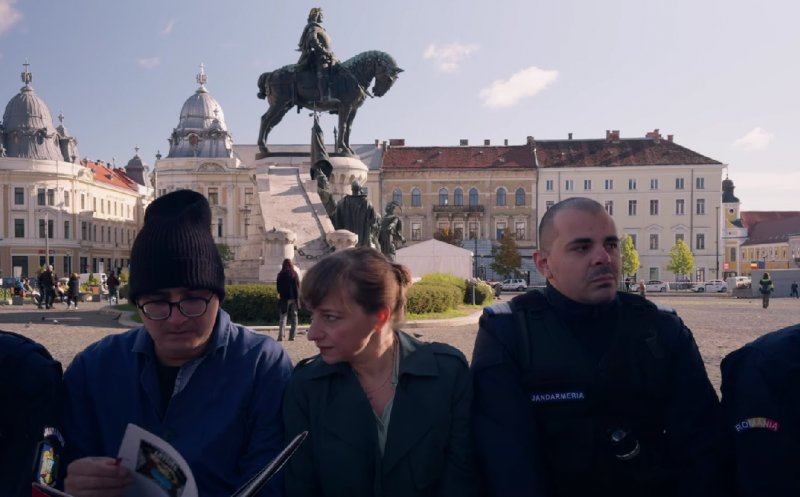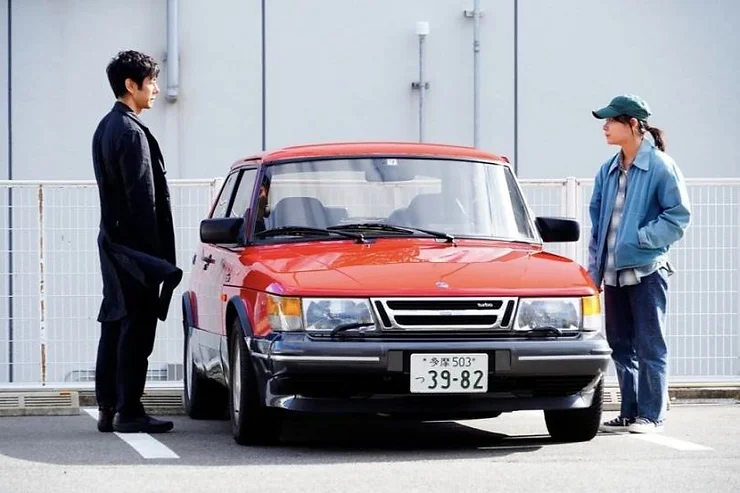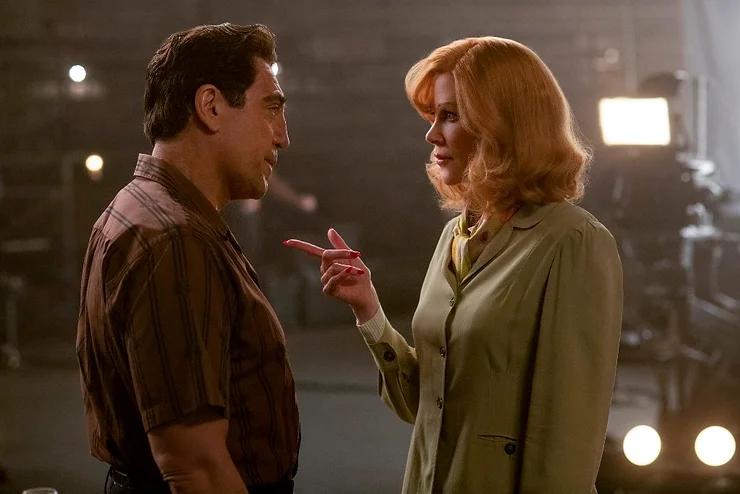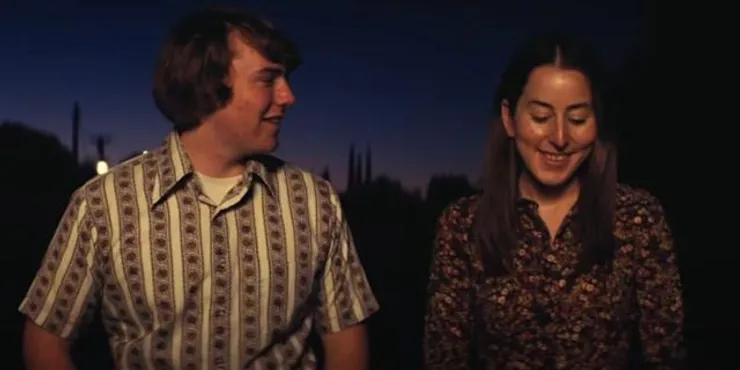Kontinental ‘25 (Romania, Switzerland, Luxembourg, Brasil and United Kingdom, 2025)
Original title: Kontinental ‘25
Director: Radu Jude
Screenplay: Radu Jude
Main cast: Eszter Tompa, Annamária Biluska, Marius Damian, Ilinca Manolache, Oana Mardare, Serban Pavlu and Gabriel Spahiu
Running time: 109 minutes
Radu Jude has proven to be an increasingly sure bet when it comes to the Berlin Festival. Having won the Golden Bear with his Bad Luck Banging or Loony Porn (2021) and now releasing another film in the Berlinale competition, his career is in a great moment. His new work, like many of his previous ones, uses an example to talk about the many contradictions that exist in Romania.

The film begins following Ion (Gabriel Spahiu), a homeless man who continues to collect trash throughout the city to take for recycling. We see the city’s contempt for him, generating a great disconnect with his surroundings, despite the fact that he seems to be one of the few people really paying attention to the topography of the place. From a dinosaur park that seems abandoned to its most urban corners, he really seems to know the city like no one else. Then, when he returns to the place where he spends his nights, he’s faced with the reality that he’s being removed from there, as the place has been sold and will be demolished to build a luxury hotel. Faced with this sad reality, Ion commits suicide and the story of the film really begins.
We then follow Orsolya (Eszter Tompa), the woman who went to remove him and witnesses the suicide. She’s overcome by enormous guilt, thinking about everything she could have done differently to avoid this fact, as well as trying to learn more about this man’s story. And so, we follow her on this journey full of acid humor and occasional misadventures, always precisely criticizing the capitalist system and its consequences on society due to its invisibility of human relationships.
The way Jude films this work borders on neo-realism, using real locations from the streets of Cruj, the second largest city in Romania, and part of Transylvania, the region immortalized by Dracula. By always following these characters in motion, he makes it clear that he’s filming within this logic of the need for productivity, whether at work, on a date for casual sex, or in moments of mourning. The clock never stops so that people can deal with their feelings.
At the same time, his humor, already known from other works, is still present. Using the same logic to mock the importance that humanity gives to itself, we observe a choke when talking about zen theory, references to Brecht and casual sex in public places. All this in search of a comfort that not even the priest who appears in the scene could give to the character, because the guilt she feels is systemic and not individual.
The aesthetics also communicate with this emptying of the human, with the entire work being filmed with cell phones, and this has a price on what appears on screen. We are talking about an experienced director, who consequently knows how to use the resource well, but it’s inevitable to notice the limitations of focus and movement that the cell phone causes – and this also dialogues with the criticism made by the work, with art being something superficial to productivity.
Even with all these qualities, the lack of a more direct connection between the various subjects dealt with sometimes makes the viewer get a little lost in the form instead of getting to the message. Still, it’s a very satisfying experience and one that bears the director’s signature, with his sharp and accurate criticism of the ways of the Romanian bourgeoisie.
Translation by: Renata Torres




